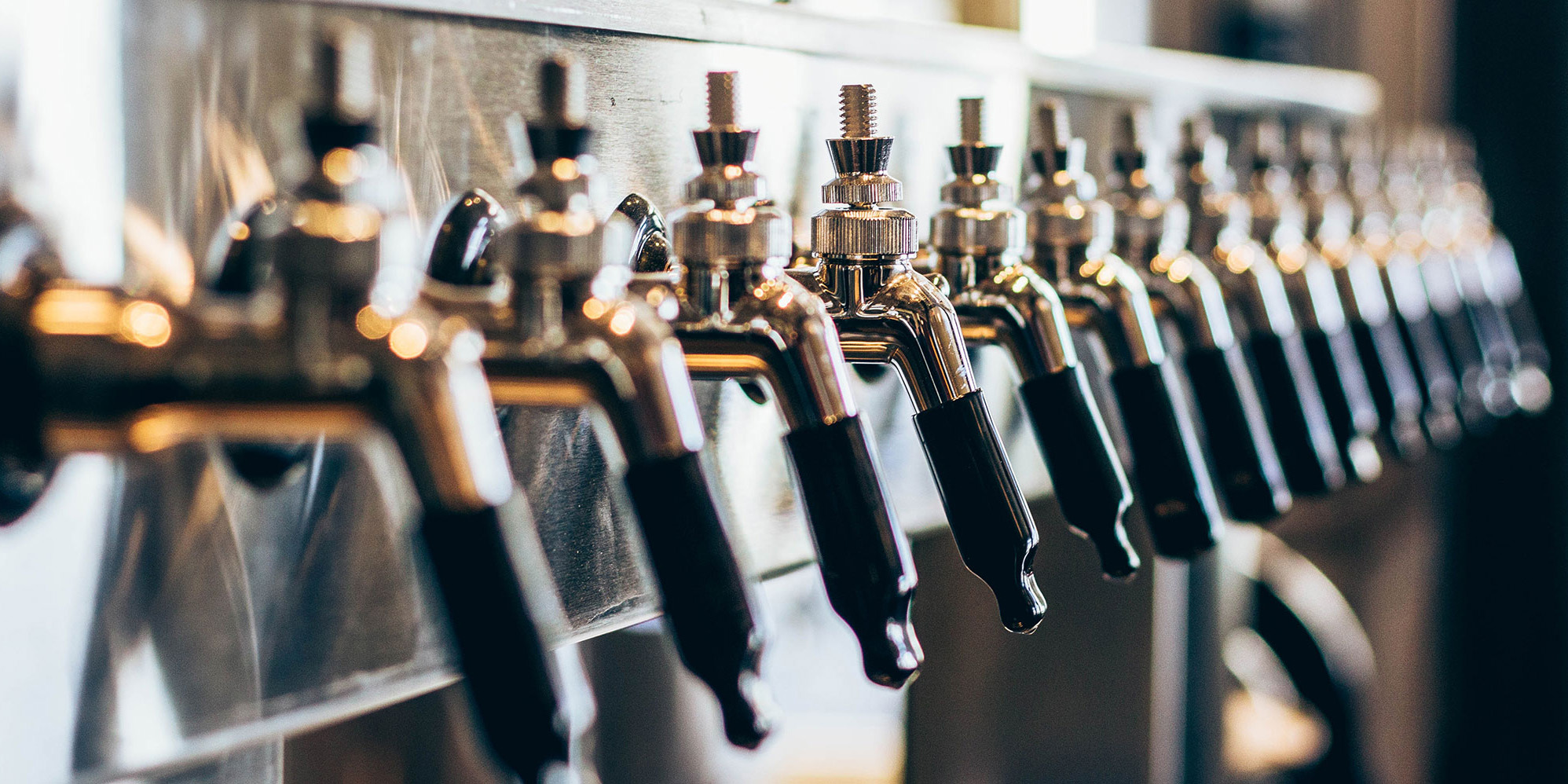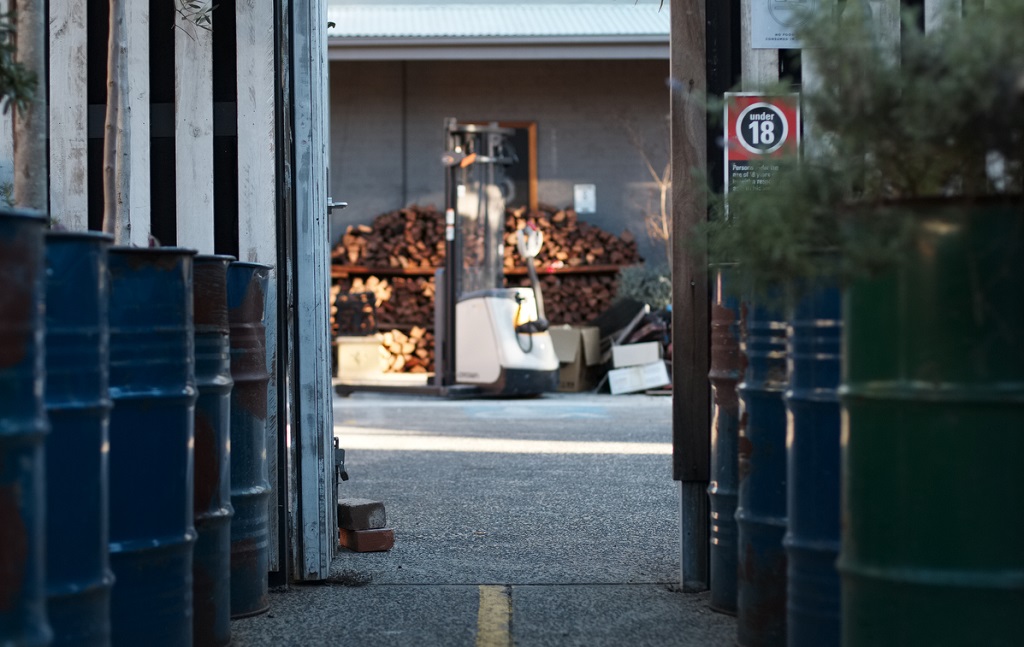
NSW microbrewery licence trial set to be extended

Liquor & Gaming NSW has announced it is looking to extend its microbreweries licence trial after it saw lower-than-expected uptake, but local brewers are saying that it may not be necessary at all with the implementation of a new planning instrument, which is now available across NSW.
The trial was focused on Sydney’s Inner West area, covering small-scale producers of beer, cider and spirits, and opened up to the Newcastle area later on.
The authority said it believed the low uptake, which saw only one brewery – Batch Brewing Co – get approval, was due to microbreweries using existing planning instruments which enable brewpubs to operate like a bar anyway – basically using a different method to achieve the same goal.
But as part of its ongoing efforts to “reduce red tape” and determine whether the licencing model works for microbreweries, the NSW government was planning on expanding the trial, although it did not detail the extent of the extension, only that it would be expanded.
“As interest from the industry has so far been lower than expected, Liquor & Gaming NSW is examining options to expand it further in other areas of NSW,” a spokesperson from Liquor & Gaming NSQ said.
“The Government is keen to support craft breweries and other small alcohol producers in diversifying their business model by operating like small bars.
“The trial is examining whether the licence authorisation is the best way to achieve this.”
However the microbreweries licence may not be the way forward for brewers, some of whom have been working with councils on planning instruments which can be adapted for microbreweries.
Mike Clarke, owner of Sauce Brewing and Inner West Brewery Association member said that the microbrewery licence, when it was launched, fulfilled a need at the time.
“We were having a lot of problems with planning and the council – the microbrewery licence was a compromise to make it easier for them to understand breweries without reinventing the whole planning legislation.
“But we’ve managed to get pretty advantageous changes with the artisanal food and drink premises planning instrument.”
The microbrewery licence has some limitations, including only allowing the sale of beer brewed on premise. The artisan food and drink instrument is “better aligned” with modern day microbreweries, he said.
“This new planning instrument is in place, but the council is struggling to implement it. The way they implement it is not easy for existing brewers.”
He said transferring onto the planning instrument is difficult for existing breweries, who have to start the whole planning approvals process effectively from scratch.
“We’ll be engaging with the state on licencing and planning, but it shouldn’t be treated as an entirely new approval.”
While the microbrewery licence might not be the way forward for some Sydney brewers, it does not mean it won’t help brewers elsewhere.
“In other areas they have problems, not necessarily the same problems. Whether this licence will be a help or a hindrance, we can only advise on its applicability to us.
“The feeling is that we’ve got a path to a full licence, this restricted licence just muddies the waters, it probably doesn’t need to be there.”

Batch Brewing Co was the only brewery to obtain a microbrewery licence under the trial
Andrew Fineran, co-founder of Batch Brewing Co, which has sites in Marrickville and Petersham, said that it showed government support at state level for breweries.
“I think the government are committed, even though they knew going in that they would have a low uptake.
“The main thing is that they don’t see breweries as a risky enterprise, they support and want to support breweries and want to make sure they have longevity in our businesses through our retail trade. They are helping and not restricting us.
“A year on, we haven’t had any issues in terms of drunken behaviour, the local police see us as low risk, the government very much want to support it and they want to show they’ve made this change.”
Richard Adamson, owner of Young Henrys, explained that the low uptake was due to a compromise made with the council that placed a condition on breweries’ drink-on-premise licence which satisfied the use of land requirements for light industry.
“Many of us found ourselves caught between what was interpreted as the proper operation of a tasting bar under the wholesale/producers licence, and [the fact that the] Council were rejecting drink on-premise licenses because the service offering allowed was too broad.
“We would like to see an easier path for existing breweries to be able to transition to the artisan premises categorisation, without having to go through the whole process of approvals again,” he said.
The NSW government announced the trial in June last year, saying that microbreweries “don’t neatly fit into traditional liquor licence categories”.
It marked a step change in the government’s attitude to microbreweries, allowing the sale of on-premise brewed beer for public consumption, not just as tastings.
The NSW government said it intended to establish a state-wide licensing option for microbreweries and distilleries, making it easier for them to start up and trade in “lower risk” settings, and ultimately “promote greater venue diversity across NSW.”



